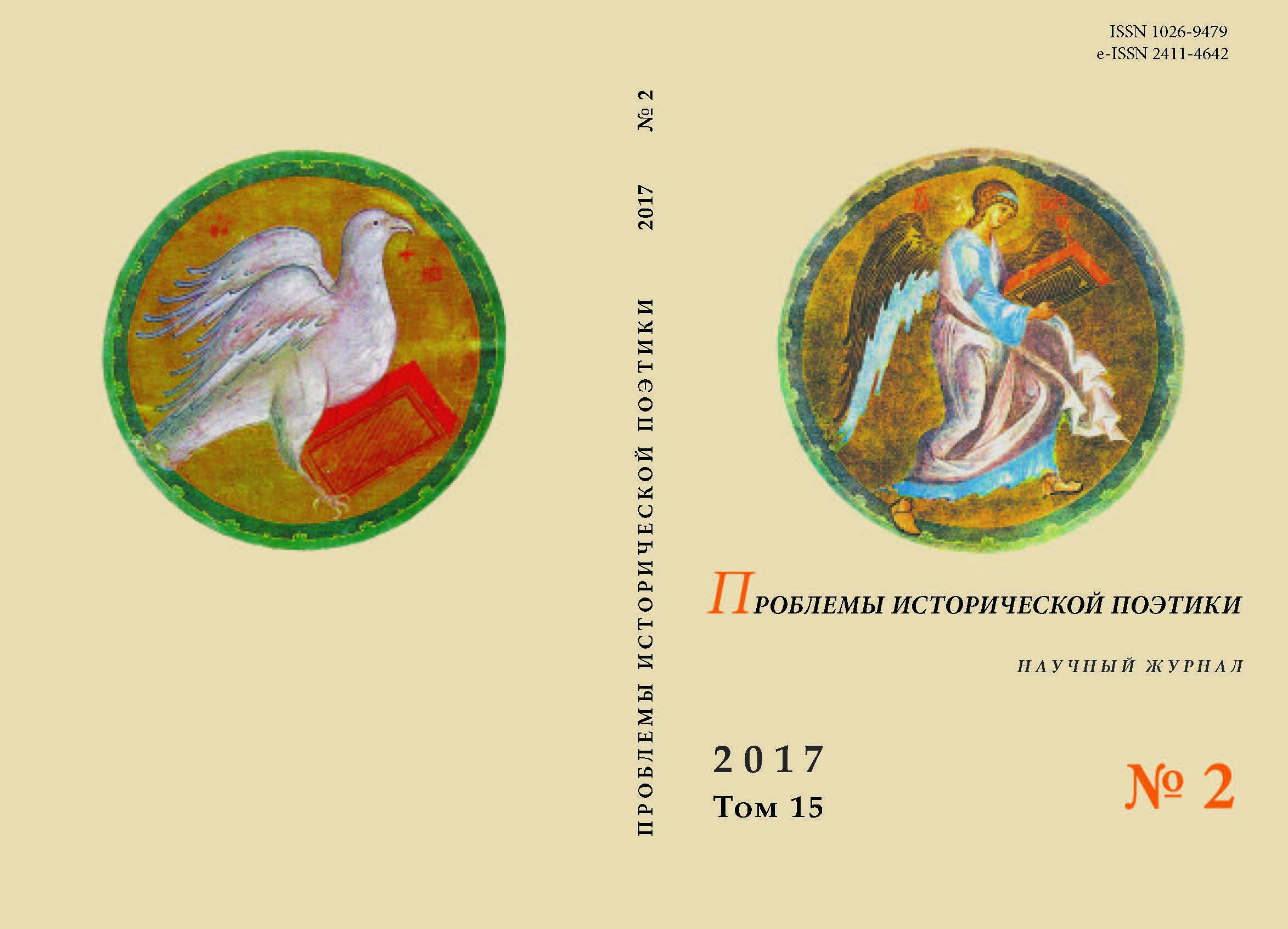К ПРОБЛЕМЕ АВТОБИОГРАФИЧЕСКОГО СМЫСЛА НОВЕЛЛЫ-ПРИТЧИ И. А. ГОНЧАРОВА «УХА»
MORE ON THE EVANGELICAL SENSE OF THE PARABLE “FISH SOUP” BY I. A. GONCHAROV
Author(s): Vladimir MelnikSubject(s): Language and Literature Studies, Literary Texts, Fiction, Studies of Literature, Russian Literature, Philology
Published by: Петрозаводский государственный университет
Summary/Abstract: The article deals with the parable-short story of I. A. Goncharov “Fish Soup” (“Uha”), written presumably in July-August of 1891. It is aimed at altering the predominating opinion about the writer’s final literary work as a local Simbirsk joke about cuckold husbands and a quick-witted psalm reader. The short story is considerably a literary hoax, that behind the events nay conceal the gospel parable about the confrontation between the “wise and prudent” on the one hand, and passionate believers, “the innocent”, “babies” on the other hand. According to the allusions and reminiscences the short story contains by a trivial story-line about fishing on the Volga the author means a probable scene of the apostleship, where the sexton plays the role of an illiterate Apostle-fisherman, a “Men Fisherman”. This fact completely changes the meaning of the literary work and of its title. The short story reveals the spiritual interest of late Goncharov to people of simple but deep faith. The “Fish Soup” (“Uha”) is imbued by autobiographical motifs of incomprehension of a person by other people. The author defends untouchability of a person’s soul secrete and relies not on human opinion, but on unbiased and merciful justice of Heaven. In Russian literature, Goncharov was the main defender of a human person responsible only to God.
Journal: Проблемы исторической поэтики
- Issue Year: 15/2017
- Issue No: 2
- Page Range: 60-80
- Page Count: 20
- Language: English, Russian

